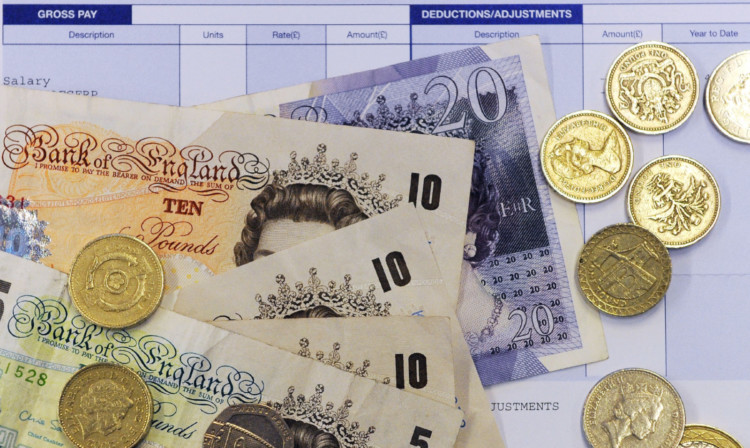Inflation fell for the sixth month in succession in March, paving the way for an end to the prolonged squeeze on wages.
The Consumer Prices Index (CPI) rate dropped to a new four-year low of 1.6%, from 1.7% in February, according to official figures from the Office for National Statistics (ONS).
It comes ahead of separate ONS labour market statistics due today which are expected to show that regular pay is rising at a rate of 1.8%, up from 1.3%.
CPI has not been lower since October 2009, when it stood at 1.5%.
The latest fall in inflation was widely expected by economists.
It is likely to herald an end to a six-year period when pay growth has been lagging behind the rise in the cost of living, effectively shrinking workers’ spending power.
An end to the squeeze will be seen as a watershed moment in the recovery.
The latest figures show pressure on households was partly eased by food and non-alcoholic drink inflation falling to a new four-year low of 1.7%.
But a greater downward pressure on inflation came from fuel pump prices.
The Retail Prices Index, which includes housing costs in its inflation calculation, fell to 2.5% last month from 2.7% in February.
Economist Alan Clarke of Scotiabank said the latest CPI reading was likely to mark the low point in UK inflation, with a rebound likely due to the impact of the Easter holidays on airfares and a smaller lower impact from petrol prices.
But the improving purchasing power signalled by the expected return to real-terms wage growth increased the likelihood the recovery would continue.
Samuel Tombs of Capital Economics said: “March’s UK inflation figures suggest that the six-year squeeze on real earnings is finally over.
“Looking ahead, we continue to think that a combination of stable commodity prices, falling import prices and recovering productivity will push CPI inflation as low as 1% before the year is out.
Howard Archer of IHS Global Insight said: “The gap between earnings growth and inflation looks set to become increasingly positive over the coming months albeit relatively gradually which is supportive to growth prospects.”
